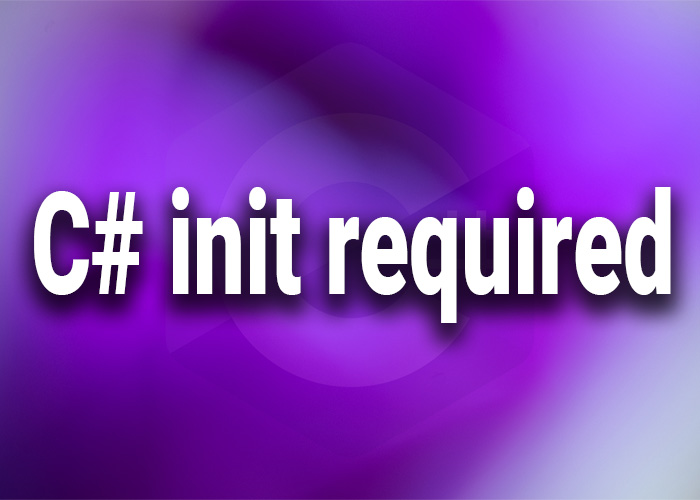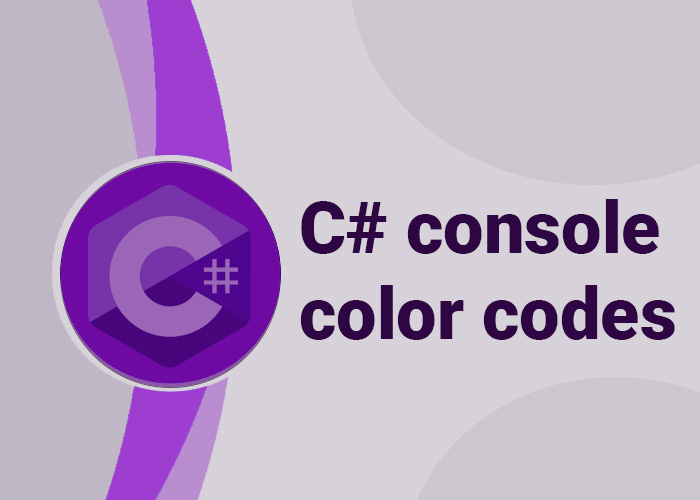Implementing Required Initialization in C# with Init Properties
Introduced in C# 9.0, init-only properties offer a compelling way to create immutable objects in C#. However, ensuring that these properties are initialized when an object is created can be crucial for maintaining data integrity and ensuring that objects are always in a valid state. This article discusses how to enforce required initialization with init-only properties in C# and the best practices for implementing such patterns.
Understanding Init-Only Properties
Init-only properties in C# allow properties to be set during object initialization but render them immutable afterward. This feature is particularly useful for creating immutable data types where once an object is constructed, its state should not change.
Enforcing Required Initialization
Unlike regular properties or fields that can be left uninitialized, ensuring that init-only properties are set during object construction requires careful design. Here’s how you can enforce and verify that init-only properties are initialized when an object is created.
Example of a Class with Required Init Properties
public class Person
{
public string Name { get; init; }
public int Age { get; init; }
public Person(string name, int age)
{
Name = name ?? throw new ArgumentNullException(nameof(name), "Name must not be null.");
Age = age > 0 ? age : throw new ArgumentException("Age must be greater than zero.", nameof(age));
}
}
In this example, the Person constructor explicitly requires name and age parameters and throws exceptions if these requirements are not met, ensuring the properties are properly initialized.
Techniques for Enforcing Required Initialization
- Constructor Validation: Use constructors to enforce that all necessary properties are initialized. Throw exceptions if the provided values do not meet the expected conditions.
- Factory Methods: Implement factory methods that validate input parameters before creating an instance of the class.
- Nullable Reference Types: Leverage nullable reference types to catch uninitialized strings or objects at compile time.
Using Factory Methods
Here’s how you might implement a factory method to enforce initialization:
public class Person
{
public string Name { get; init; }
public int Age { get; init; }
private Person() { }
public static Person Create(string name, int age)
{
if (string.IsNullOrEmpty(name))
{
throw new ArgumentException("Name must be provided.", nameof(name));
}
if (age <= 0)
{
throw new ArgumentException("Age must be greater than zero.", nameof(age));
}
return new Person { Name = name, Age = age };
}
}
Best Practices
- Use Exceptions for Validation: Throw exceptions during the initialization process to prevent the creation of invalid objects.
- Document Required Properties: Clearly document any properties that must be initialized and the conditions they must meet.
- Immutable Data Structures: Prefer using immutable data structures and init-only properties to ensure that objects do not change once they are created, which can help in maintaining consistency and predictability in applications.
Conclusion
Using init-only properties with required initialization in C# is an effective way to ensure that objects are always created in a valid state. By combining these properties with constructor validation or factory methods, developers can create robust, immutable objects that uphold the integrity and consistency of data throughout their lifecycle. This approach is particularly useful in applications where data immutability and integrity are critical.





